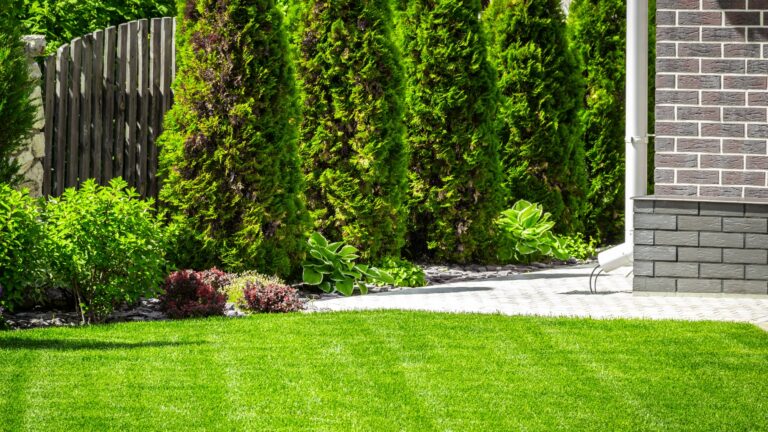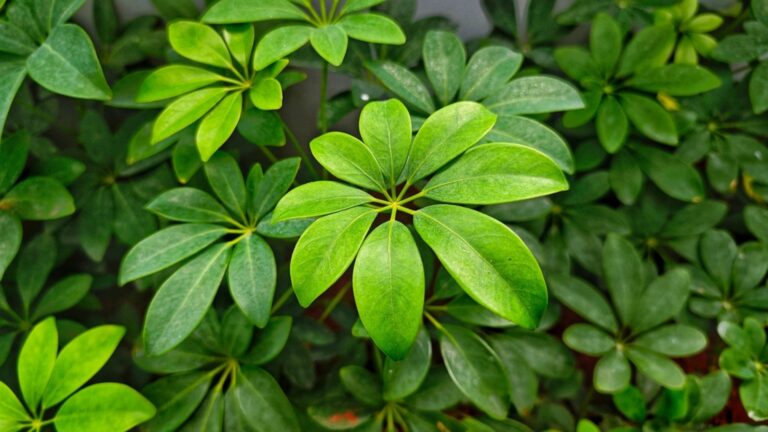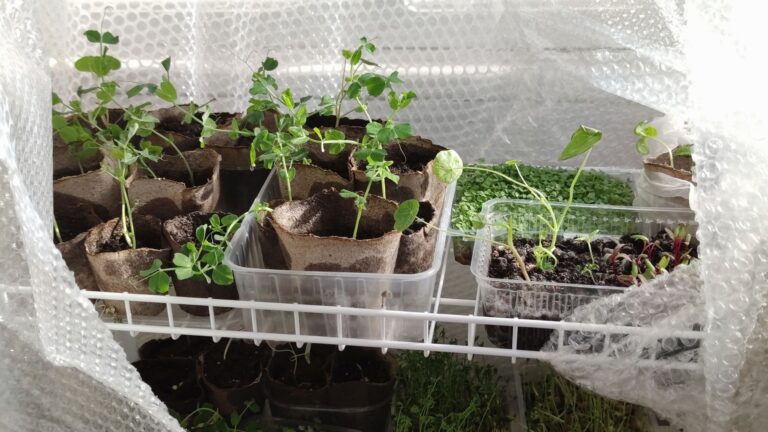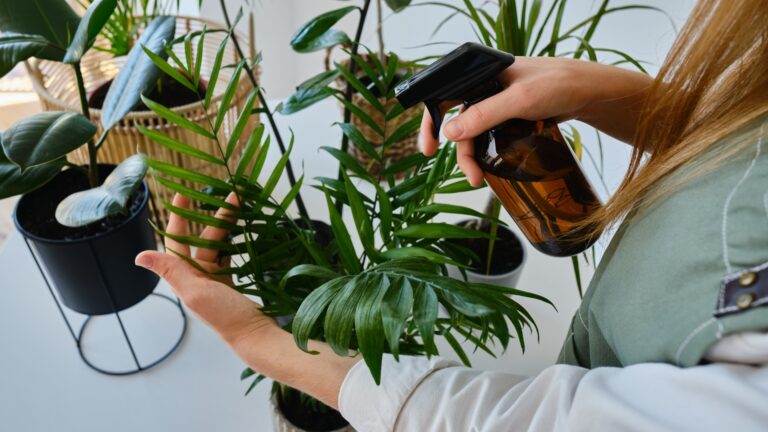Gardeners Told To Do One Thing Before Noon To Help Birds In Heatwave
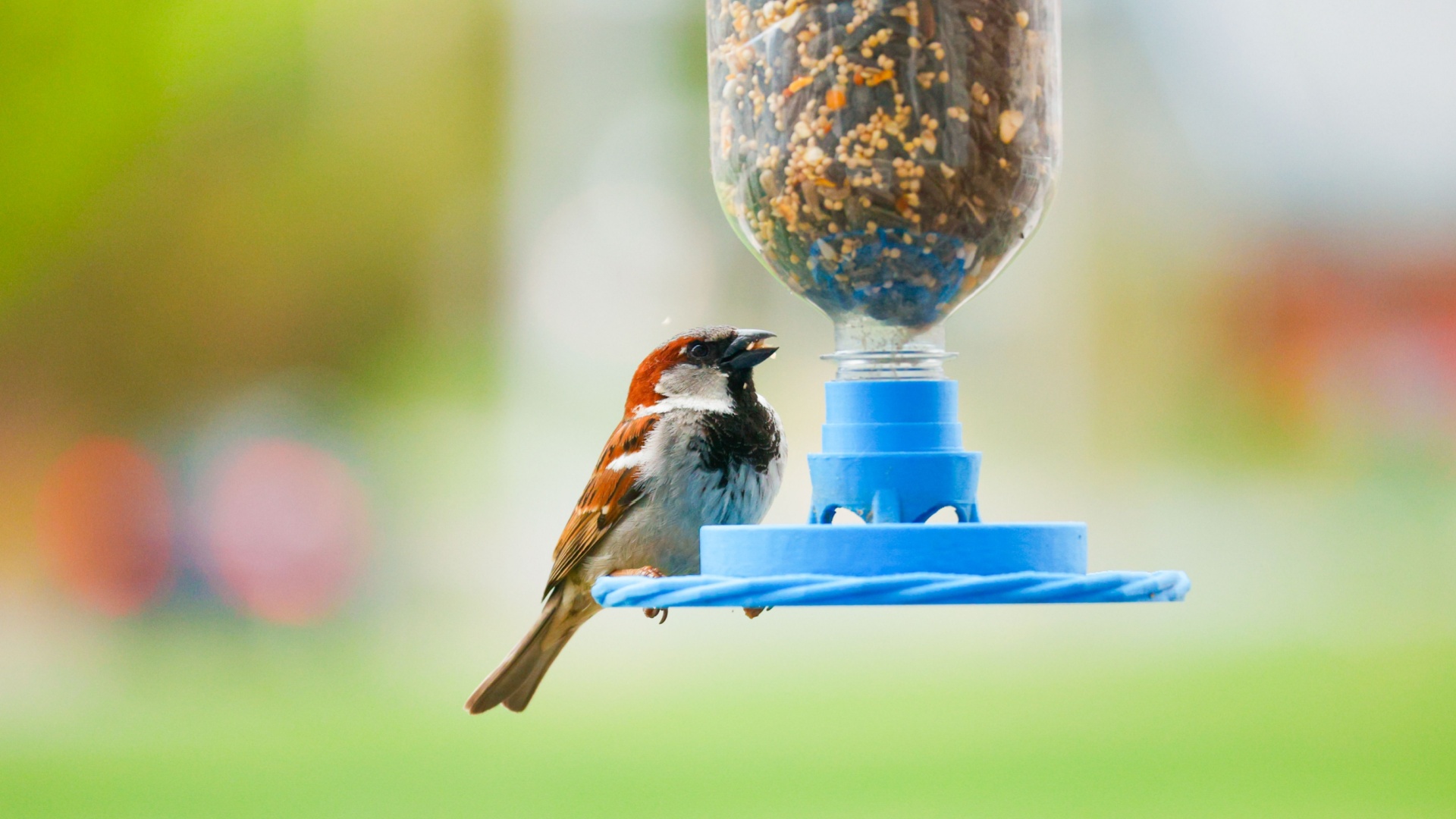
With heatwaves sweeping across the country, birds are struggling to stay cool and hydrated. Experts are urging gardeners to take one simple action before noon that could mean the difference between comfort and crisis for local birdlife.
A small morning habit can go a long way in protecting these feathered garden guests.
1. Fill Bird Baths Before Noon
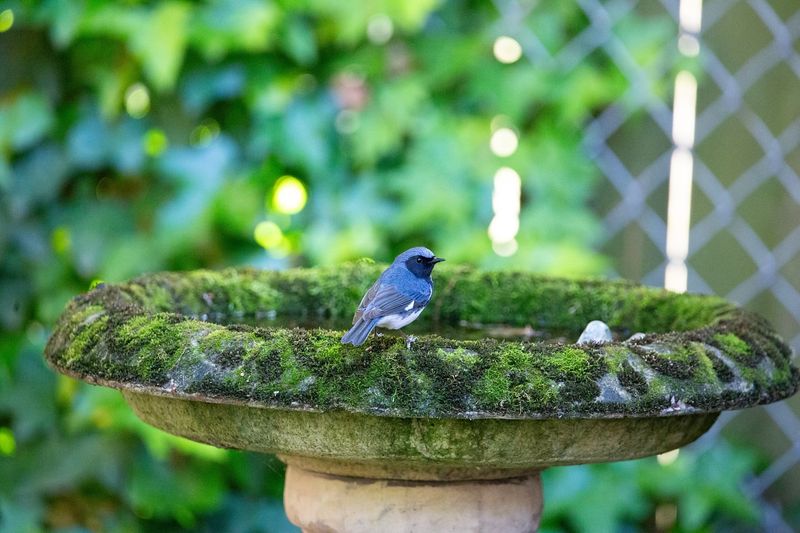
Early morning is the perfect time to refresh bird baths with cool, clean water. Birds are most active during morning hours and desperately need hydration before the day’s peak heat arrives.
Make sure the water isn’t too deep – about 1-2 inches is ideal for most garden birds. Adding a few pebbles creates shallow areas where smaller birds can safely drink without risk of drowning.
2. Create Shady Retreats
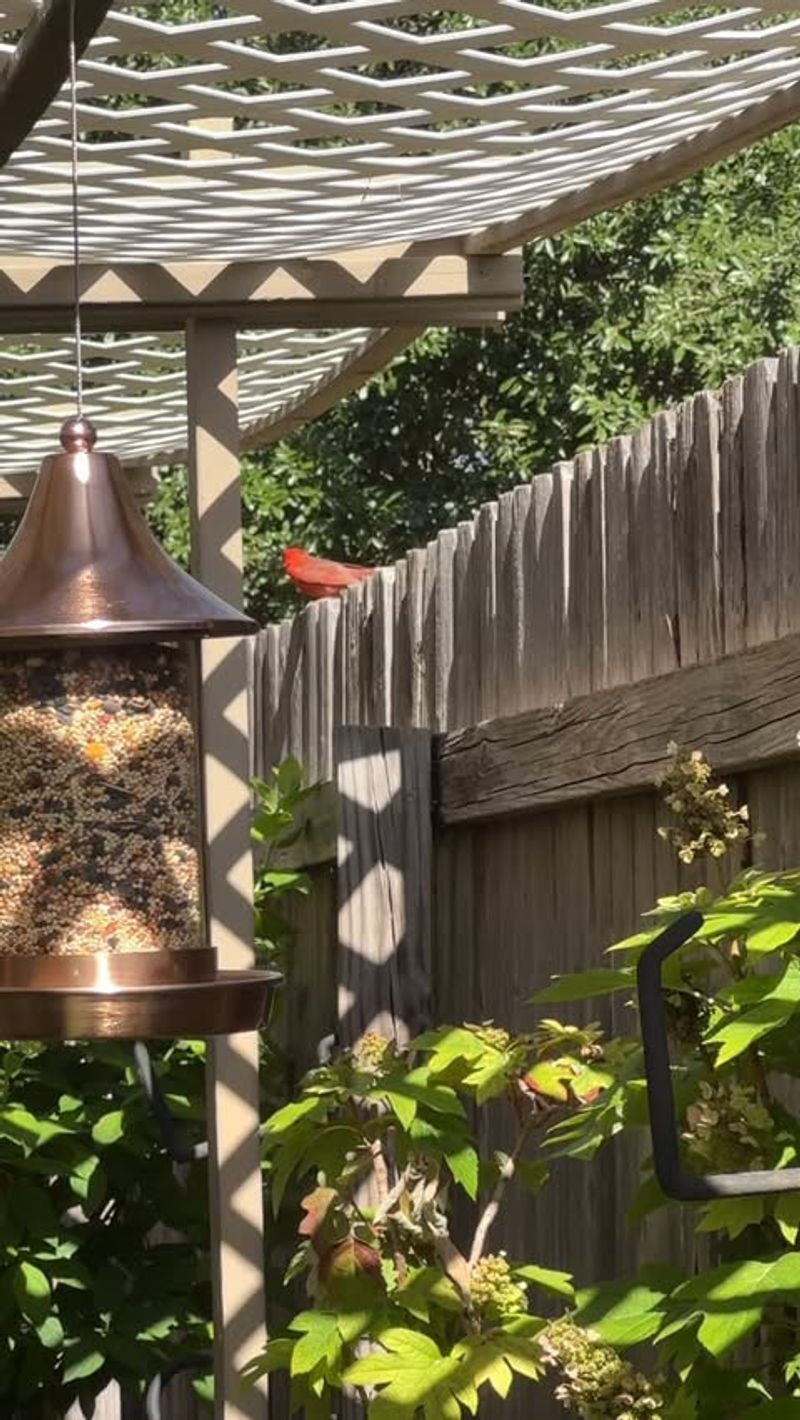
Birds seek shelter from scorching sun just like we do. Position bird feeders and baths in naturally shaded spots under trees or shrubs where temperatures stay cooler throughout the day.
If your garden lacks natural shade, get creative! Garden umbrellas, shade sails, or even strategically placed planters with tall plants can provide life-saving cool zones. Remember that metal feeders can become dangerously hot in direct sunlight.
3. Offer Multiple Water Sources
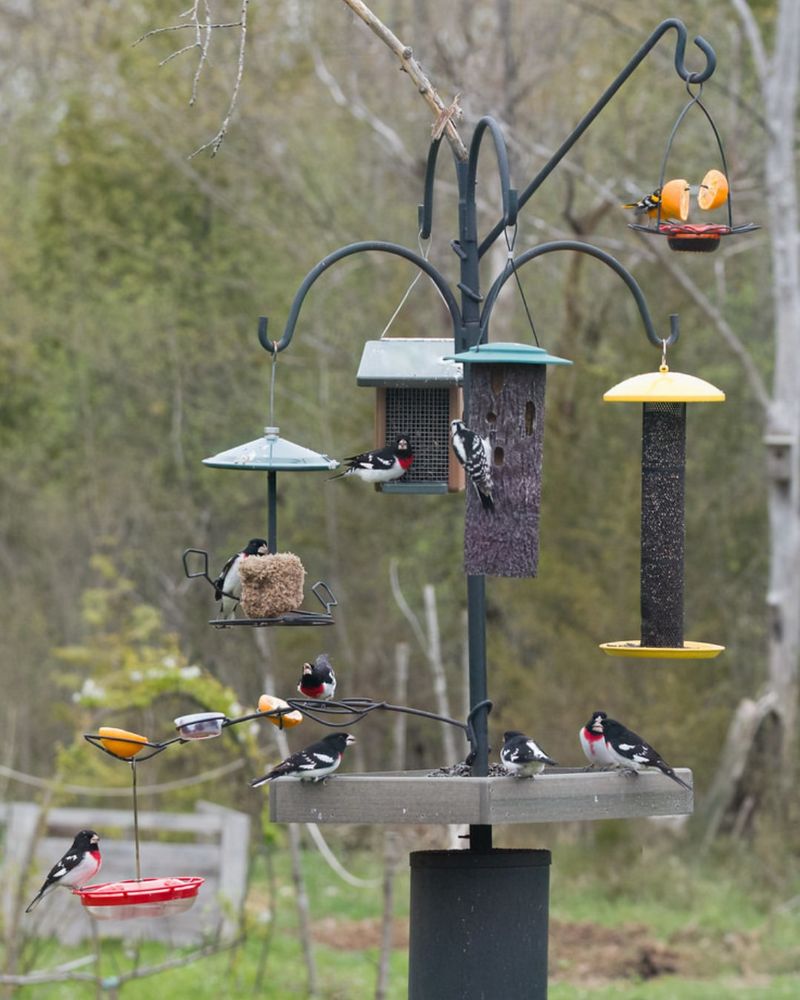
One bird bath isn’t enough during extreme heat. Scatter several shallow containers throughout your garden at different heights and locations. Repurpose plant saucers, pie tins, or even frisbees as makeshift drinking stations.
Some birds prefer ground-level drinking while others feel safer elevated. Adding a gentle dripper or mister creates moving water that attracts birds and helps cool the surrounding air.
4. Serve Moisture-Rich Foods
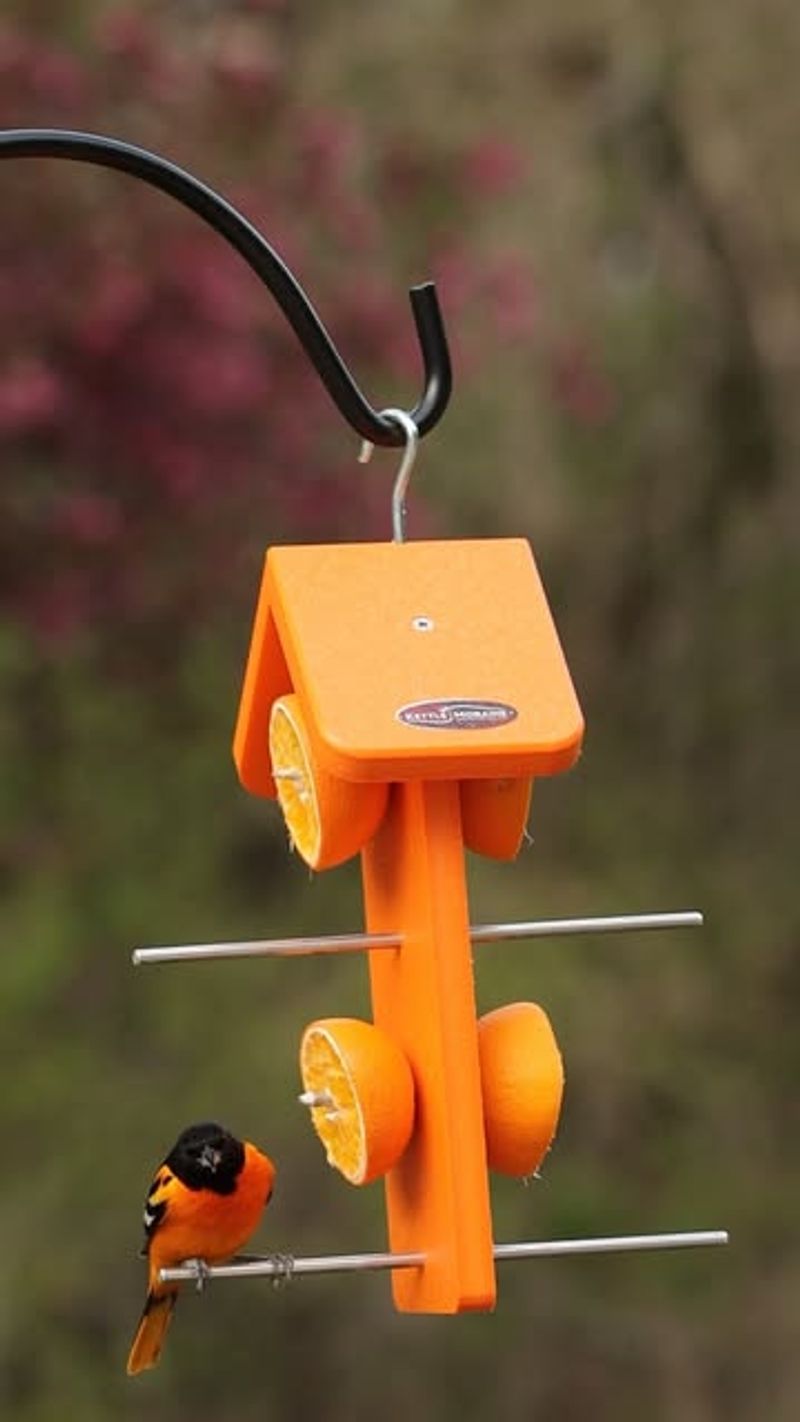
Fruits become bird magnets during heatwaves! Halved apples, orange slices, watermelon chunks, and berries provide both hydration and essential nutrients when birds need them most.
Secure fruit pieces to branches or place them in platform feeders where birds can easily access them. Fresh fruit not only hydrates but also supplements birds’ diets when insects may be scarce during extreme weather conditions.
5. Keep Bird Baths Clean
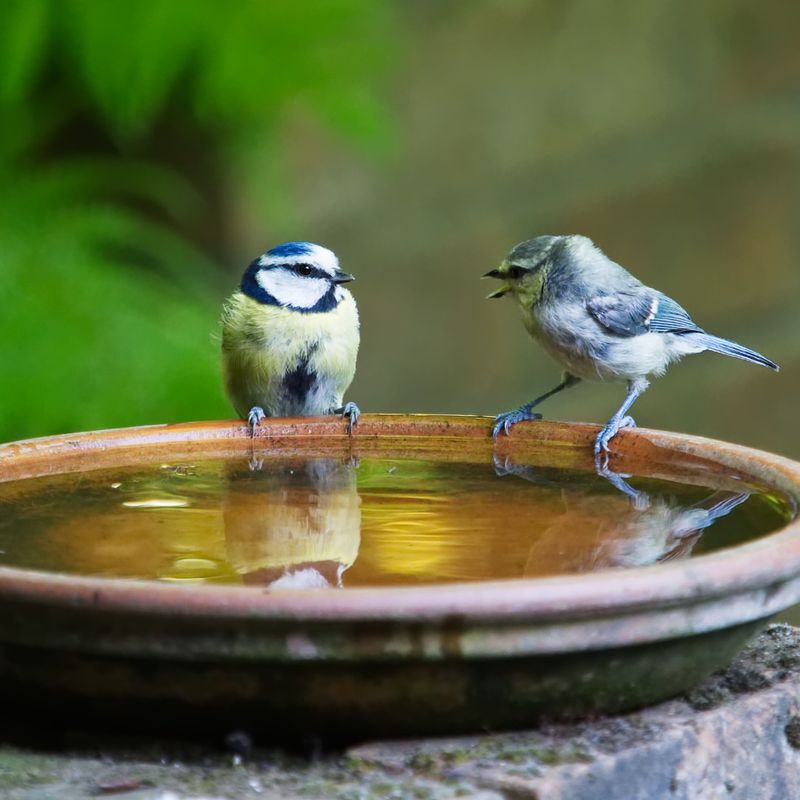
Heat accelerates bacteria growth in standing water. Scrub bird baths daily using a stiff brush and rinse thoroughly – avoid chemical cleaners that might harm delicate feathers.
Adding a few drops of apple cider vinegar to the water helps prevent algae without endangering birds. Replace water frequently throughout hot days as it evaporates quickly and can become uncomfortably warm for bathing birds.
6. Install Misters or Drippers
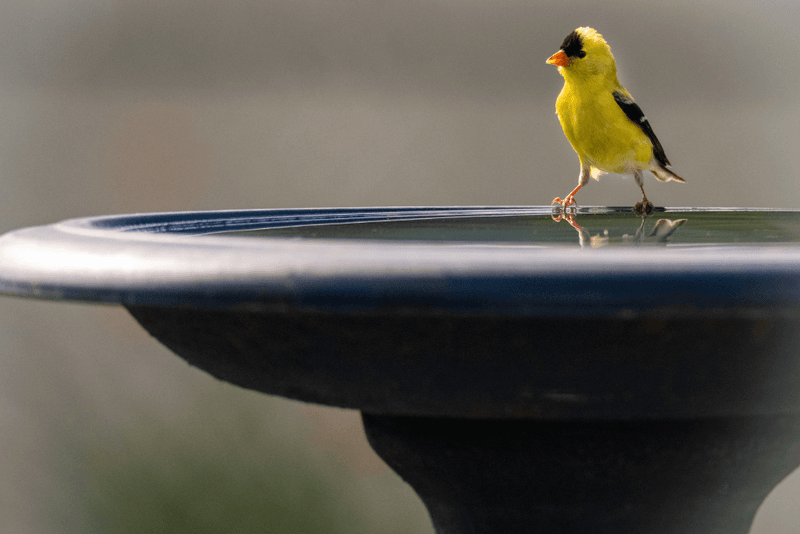
Moving water stays cooler and attracts more birds than still water. Garden centers sell simple misting systems that connect to your hose and create a refreshing spray birds absolutely love.
Even a plastic bottle with tiny holes poked in the bottom, hung above a bird bath, creates an effective dripper. The gentle water movement catches birds’ attention while providing cooling relief during scorching temperatures.
7. Plant Dense Shrubs
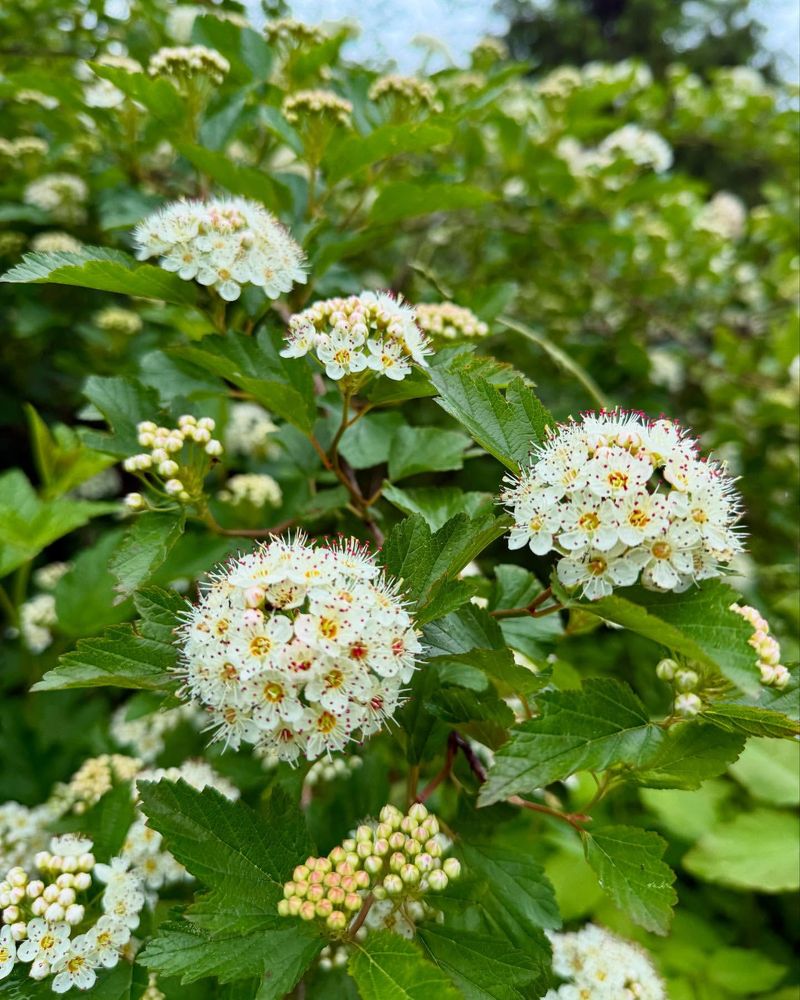
Native shrubs provide natural cooling zones where birds can escape midday heat. Evergreens and thick deciduous bushes create significantly cooler microhabitats even on the hottest days.
Choose plants with berries or fruits for added bird benefits. Species like elderberry, viburnum, and holly offer both protective cover and food sources simultaneously, making them perfect additions to any bird-friendly garden during summer heat.
8. Delay Garden Maintenance
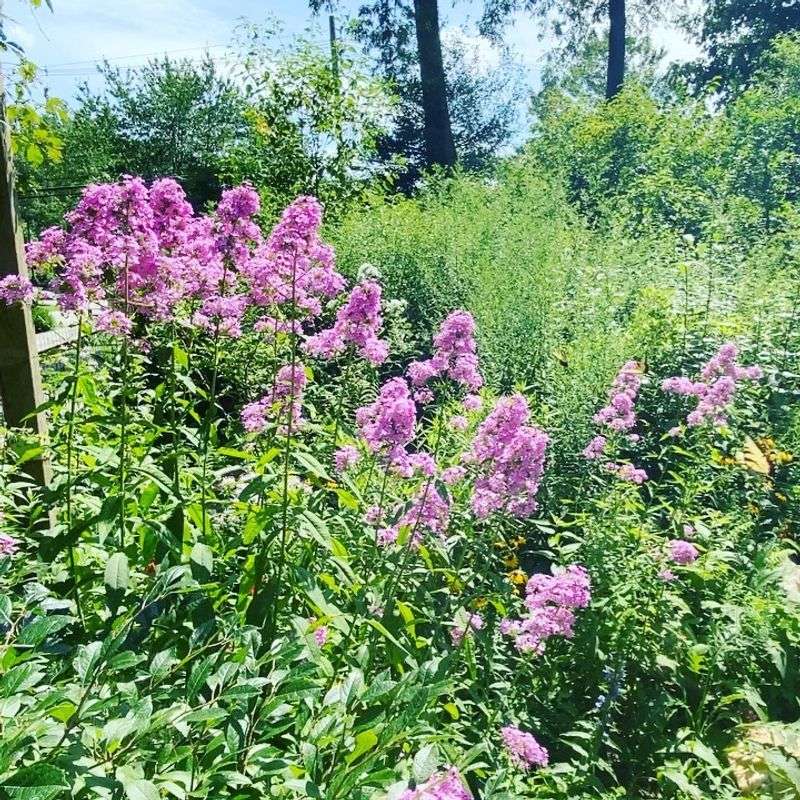
Put away those pruning shears during heatwaves! Birds rely on leafy cover for shade and protection when temperatures soar. Major garden cleanup can wait until cooler weather returns.
If you must trim, work during cool morning hours and avoid disturbing areas where you’ve noticed birds sheltering. Leave grass slightly longer too – taller blades create cooler ground conditions where birds can forage more comfortably.
9. Create Ground-Level Puddles
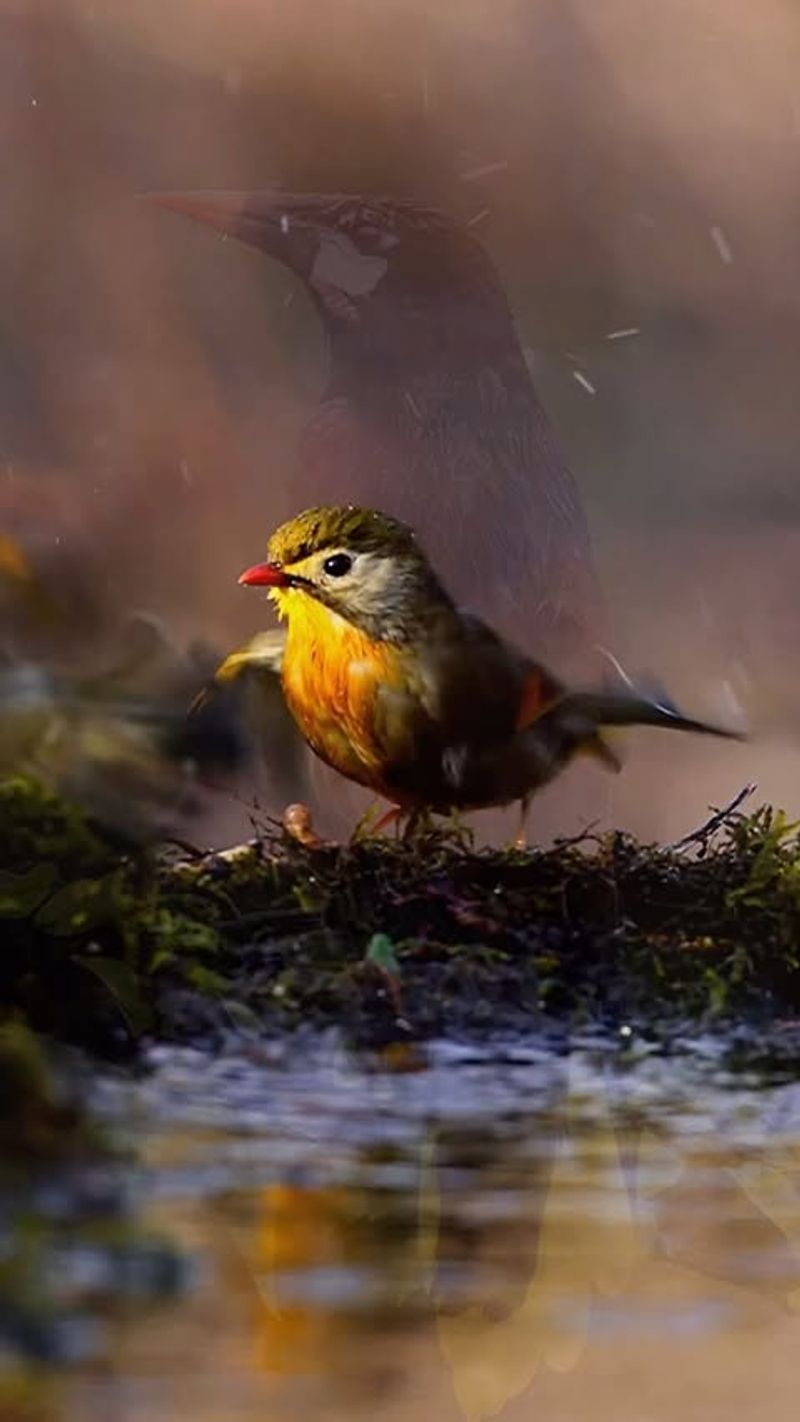
Many birds, especially smaller species, prefer drinking from shallow puddles rather than deeper bird baths. Create these by placing flat stones in saucer-shaped depressions around your garden and adding just enough water to barely cover them.
The stone surface stays cooler than surrounding soil and provides perfect drinking spots. Refresh these puddles throughout the day as they quickly evaporate during intense heat.
10. Monitor For Heat Stress
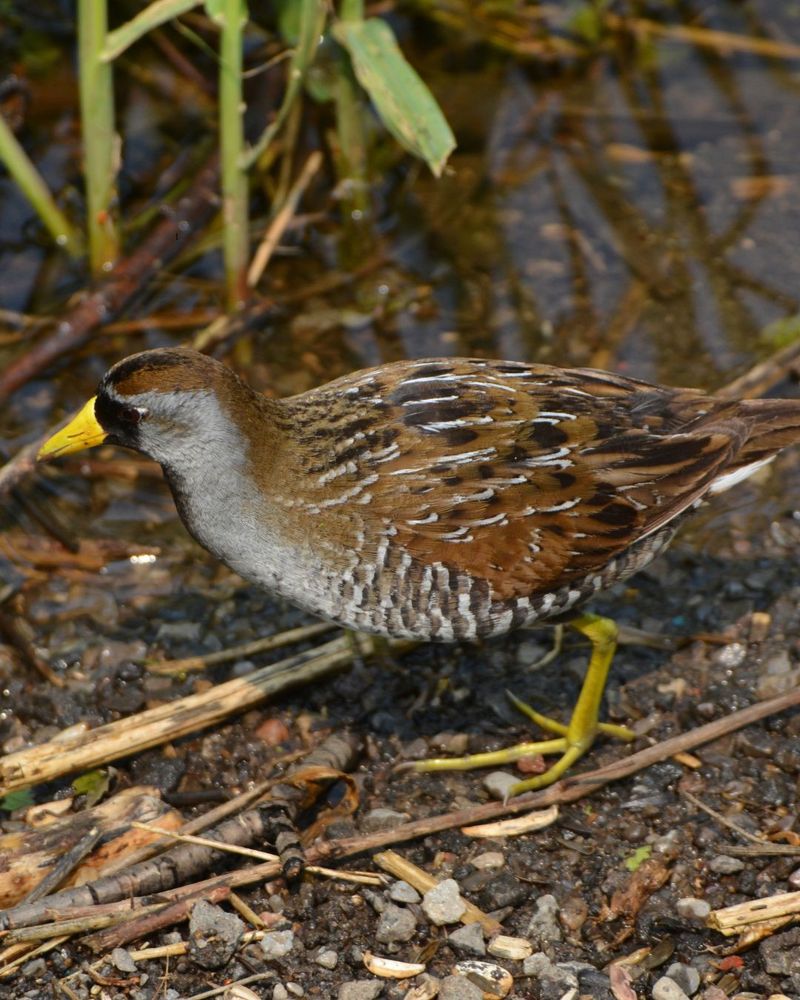
Birds showing signs of heat stress need immediate help. Watch for open-mouth breathing (panting), wings held away from body, lethargy, or unusual behavior around water sources.
If you spot a distressed bird, don’t handle it unless absolutely necessary. Instead, create shaded spots nearby and provide fresh water. For severe cases, contact your local wildlife rehabilitation center for guidance on how to safely assist overheated birds.

